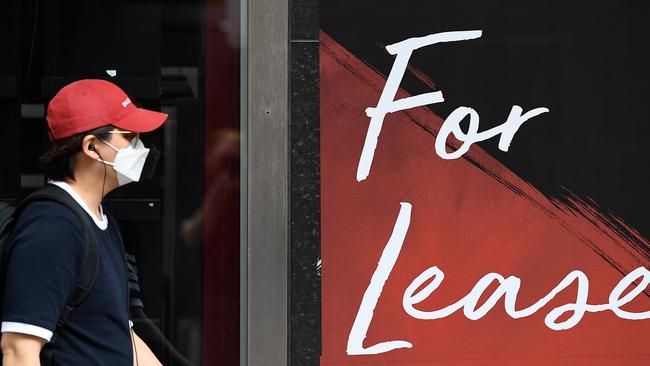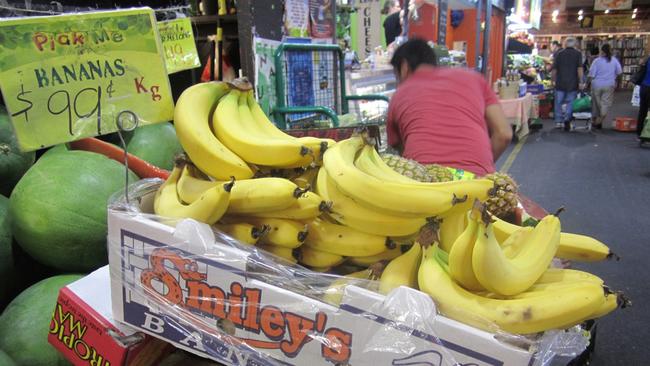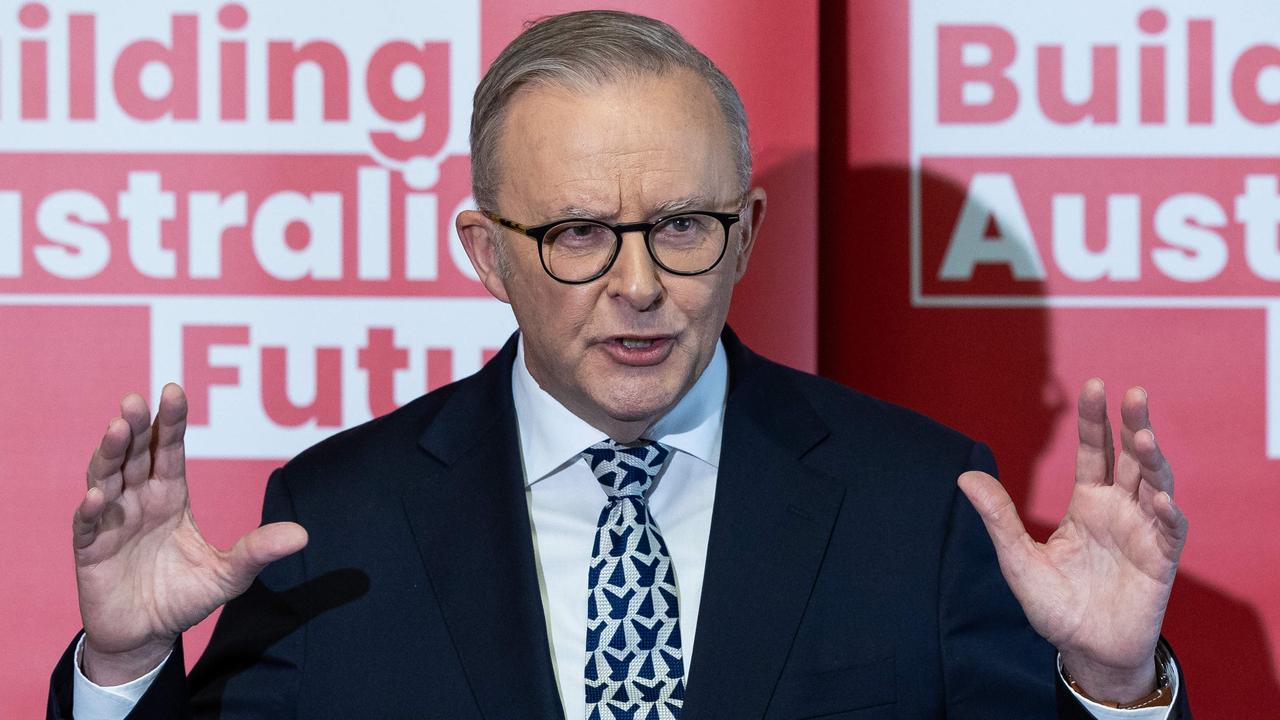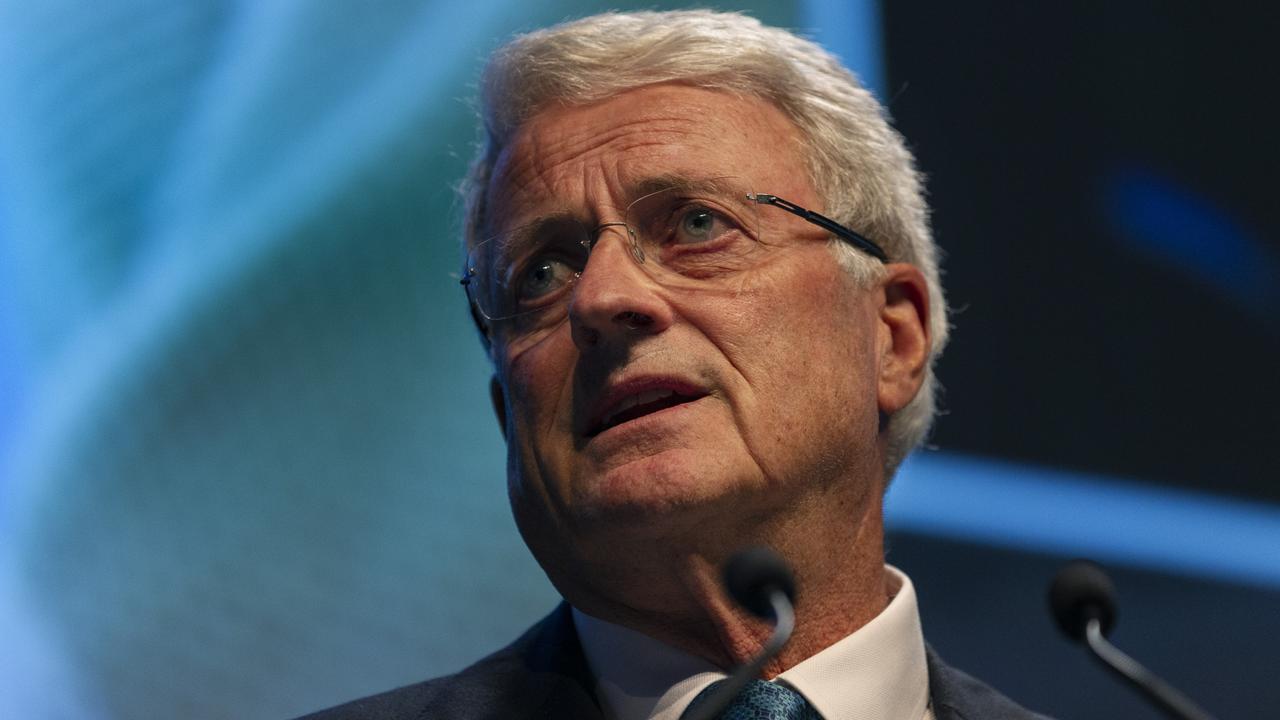
That’s fine if you are one of the bosses and no doubt the money will be reinvested in job-creating programs.
But taxpayers may wonder how this sort of leakage helps anyone and, more to the point, why didn’t Canberra take the time to follow the lead of their US and UK comrades and keep an open register of recipients so everyone could track the biggest noses in the trough?
Public companies noted the figures in their accounts, but the governance gurus in Canberra seem to have forgotten.
Some companies have promised to return the money to Canberra, but it seems so far this has totalled $20m, of which $18m came from Toyota.
Analysis from governance advisers Ownership Matters shows that 95 of the top 300 companies received $3.8bn in subsidies in the December half last year, of which $2.5bn was JobKeeper, which went to 75 companies that also collected another $1bn in other subsidies. This includes the $511m that went to Qantas on top of the $726m in JobKeeper, and the $160m in childcare support that went to G8 Education, which also received $102m in JobKeeper payments.
Some 28 of the 34 companies that reported profit growth last half included JobKeeper subsidies in their profits, and in all these accounted for 20 per cent of the increase in earnings.
These listed companies accounted for a fraction of the total JobKeeper subsidies, with most going to private companies, but there is no public register of their benefits.
JobKeeper was paid to companies that lost 30 per cent or more in revenues in March due to the lockdowns.
The top six recipients — Qantas ($726m), Crown ($195m), Star ($152m), AP Eagers ($129m), G8 ($102m) and Flight Centre ($195m) — had easily identifiable hits from COVID-19.
The variations are in how the money was used apart from passing it straight through to affected staff.
The benefits will be wound back from the end of this month and this will affect some companies badly. Qantas, of course, has managed to convince Canberra to boost the tourism sector via its revenue line through half-priced tickets.
Some company profits were in large part boosted by JobKeeper last half, with AP Eagers reporting an operating profit of $209m and JobKeeper payments of $129.7m.
Southern Cross Media reported $31.9m in JobKeeper and $75.3m in earnings.
Now the payments are being wound back, the market will have a better idea just how real last month’s earnings season really was.
But as noted, listed companies only collected a fraction of the loot and the real question is just what tabs Canberra kept on the whole process and why that information is not being made public.

Plastics credit scheme
KKR-backed carbon credit developer GreenCollar has launched the first credits scheme for plastics waste reduction based around the 300,000kg of plastic used by north Queensland banana growers.
The GreenCollar scheme is being verified by US-based administrator Verra as part of the 3R initiative aimed at setting standards for plastics collection and recycling.
Phase one of GreenCollar’s pilot project involves working with farmers to manage the recovery of banana bunch covers.
The thin plastic protective covers are typically buried or burned on farms, breaking down into waterways and soil.
With phase one now under way, phase two of the project will involve the recycling of recovered plastics.
The idea then is for companies to invest in the project to earn credits for their own ESG purposes, which according to GreenCollar’s James Schultz is then used to help fund other projects to reduce plastic waste.
This is akin to the carbon credit plans in which money is invested in carbon solid farming among other ventures.
This week Coles and Nestle unveiled a plan to build a soft plastics recycling plant to convert wrappers and other plastics into new food safe wrappings.
US-based Verra is the only body to accredit plastic as part of the launch this month of a new global Plastic Waste Reduction Standard.
GreenCollar’s Jenny Sinclair said in a statement: “To meaningfully scale up waste collection and recycling to the levels needed to keep significant amounts of plastic from entering the environment and the world’s oceans, we need to provide new incentives for plastic users to do so.
“With a market mechanism now in place (we have) the opportunity to lead the way and develop projects in this area.”
Under the plan, credits are earned at the collection and recycling for each kilogram recovered and recycled.
Push for growth: BCA
The BCA backed calls to unwind restrictions on the economy as vaccinations roll out as part of its budget submission, noting each extra percentage point of growth means each Australian will be $770 better off.
The economy grew by 3.3 per cent in the December quarter and, while that was better than expected, the BCA said 1 per cent extra would add $170bn to GDP and $5bn more in government services.
The submission has a note of urgency given business investment’s share of GDP is at a 28 year low yet it is vital to grow the economy and jobs.
This is a point hammered by the RBA in recent days and requires a combination of policy certainty and specific aid, including an investment allowance according to the BCA.
The BCA noted new business investment fell 5.1 per cent last calendar year. The point is that the so-called miracle economy is only so in relative terms and, from anaemic growth pre-COVID, needs substantial reform.
The business lobby made no recommendation on cutting the deficit, but called for clear transparent targets.
It said government debt would soon hit $1 trillion, but was best handled with a strong budget in a strong economy.
Every 1 per cent increase in corporate tax, it said, would reduce foreign investment by 3.3 per cent.
The BCA also called for a more streamlined FIRB approach to fast-forward non-controversial investment.
The BCA also urged a return to population growth, noting the economy took a $40bn hit from the slowdown in population growth and this would add up to $600bn over the decade.
It argued there needed to be a better form of co-operation between business and research houses, noting there are some 175 innovation precincts in Australia, including Lot Fourteen in Adelaide, Aerotropolis in western Sydney and Fishermans Bend in Melbourne.
These centres needed support and co-ordination, it said.
The BCA called for rationalisation of the childcare subsidy scheme to remove the taper rate that cuts support for each extra $1 earned.
A KPMG study showed childcare support cost $2.5bn but produced $4bn in benefits.
The BCA called for better means testing to support aged care to increase the value of family homes in the calculations.








Treasurer Josh Frydenberg is rightly taking credit for the economy recovering from the pandemic, but based on an analysis of how big listed companies feasted on support payments of the $47.7bn in JobKeeper subsidies in the second half of last year,$11bn simply went into the pockets of company bosses.